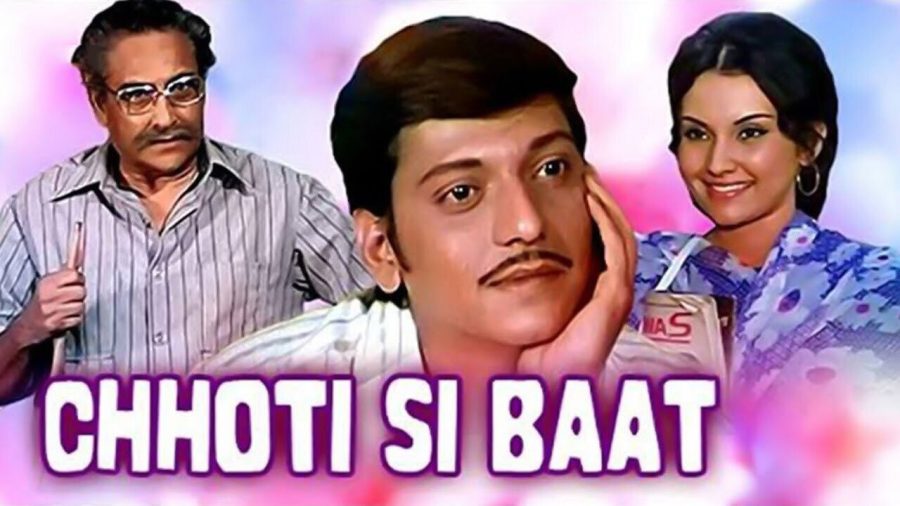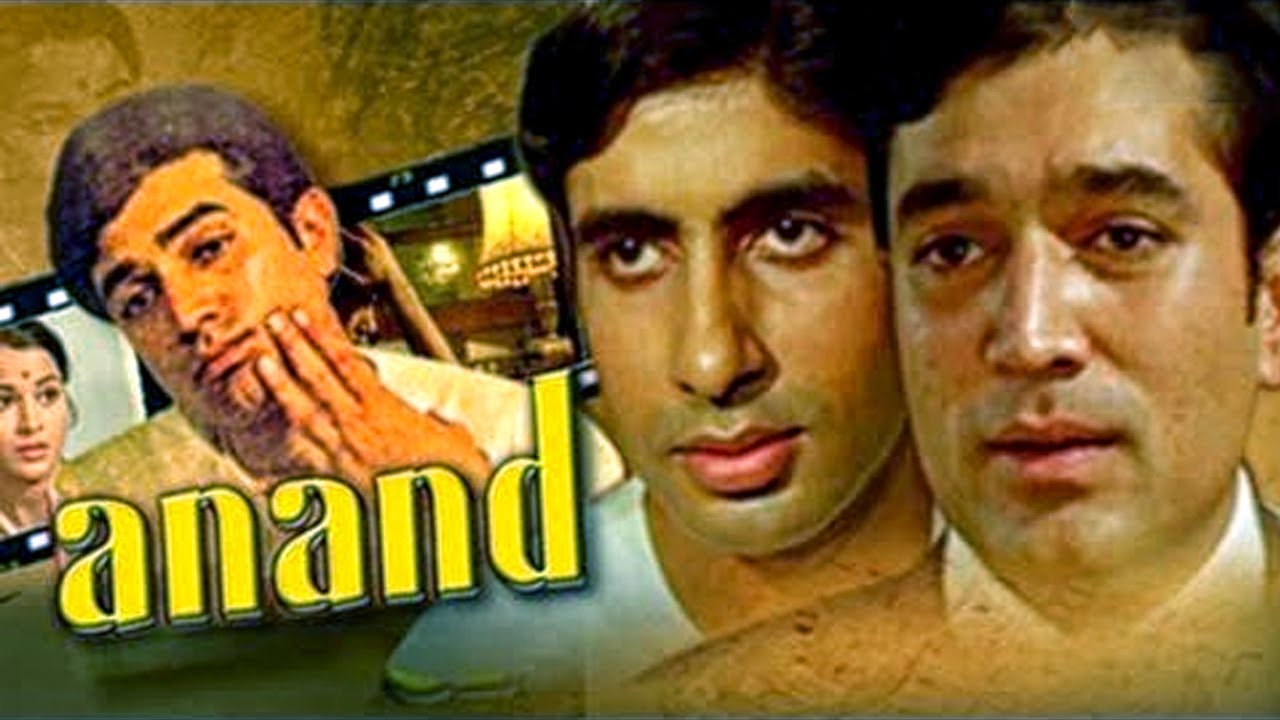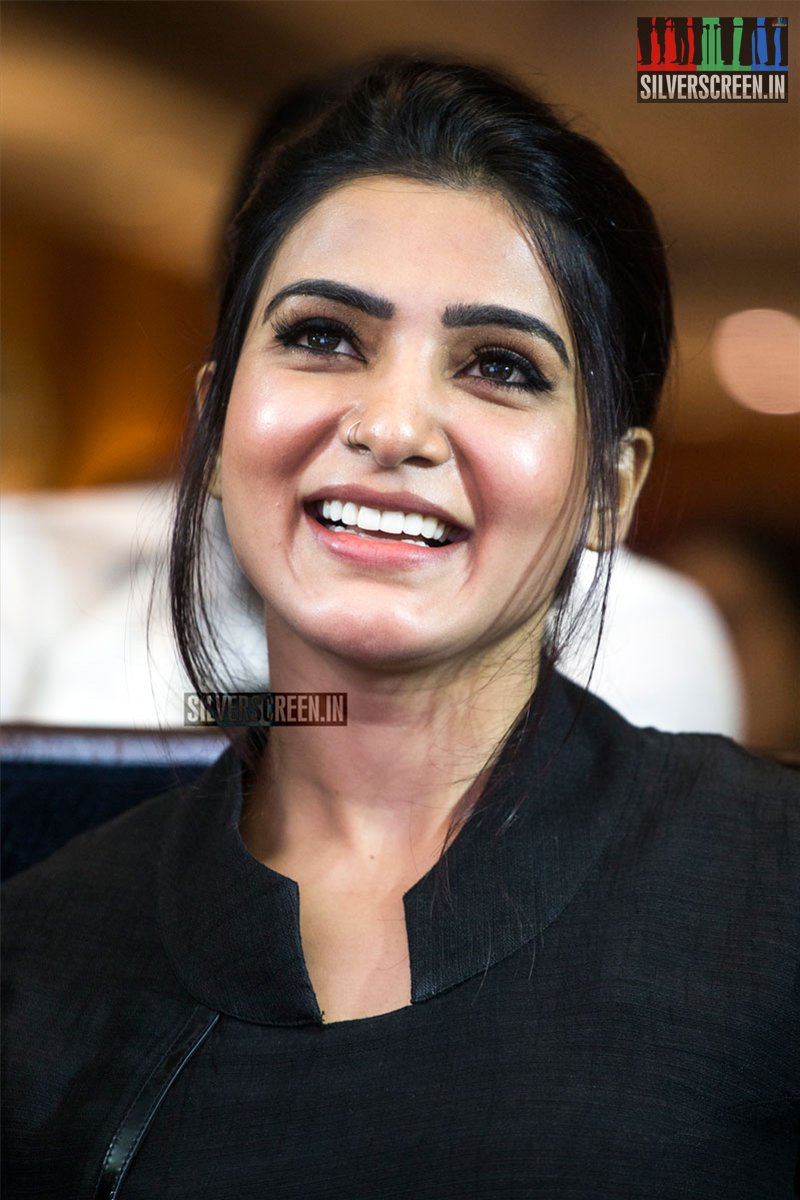Pikchar With Rita is a fortnightly column on cinema by Rita Kothari. She’s a Professor of English at Ashoka University. She does not “do” film studies.
***
9.40 am. Arun waits at the bus-stop. Behind him, or sometimes ahead of him, is Prabha. They both wait to catch the same bus. Arun longs to talk to Prabha, but can’t. He longs to take the bus she takes, but often misses it. He manages to take her out, only to be interrupted by her pushy friend Nagesh, and ends up paying a hefty bill for everyone. He buys a motorcycle to impress Prabha but the vehicle stutters like him, and comes to a halt, like him. This bush-shirt wearing, somewhat sweet but silly looking Arun is played by Amol Palekar in Chhoti Si Baat.
Palekar came to do this often, play the ordinary diffident man. I was reminded of this film recently when songs from Vidya Sinha films were doing the rounds among friends. ‘Na jaane kyon hota hai yeh zindagi ke saath…’ is one of the most memorable songs sung by Lata to fairly intricate music set by Salil Chowdhury. The voice, the music and the visuals of Vidya Sinha whose expressive face made verbal language seem so unnecessary flashed in my mind’s eye.
However, I have come away from this film this time with a deeper impression made by the male protagonist than the female one. I am not saying that Palekar was a better actor than Sinha, but that the film is about becoming a man. Now this is a small matter, ‘chhoti si baat’. And you may well ask what’s new about that. Aren’t Indian commercial films generally about heroes and superheroes? However, Chhoti Si Baat was meant to be about Arun whose small and little things are charming.
Prabha remembers his gaffes, his failures and prayers of every day and the song repeatedly saying ‘chhoti chhoti si baat’ seduces us into thinking that it is these little things that matter. But there is a sharp turn at some point. The song ceases, and Arun learns, with tutelage from a self-styled personality development expert (played by Ashok Kumar), that men must be men. Women will not be wooed if men are weak.
Arun is told he is ‘buzdil’, a coward and the expert retired military type Colonel (you know the kind, I’m sure) teaches him the art of pleasing women. The syllabus of this male-coaching is quite telling – it covers a range from clothing to hand gestures to smile to gait to using chop-sticks to accidentally unclothing a woman.
Armed with this offline and off-the-record course Arun goes back to town, smiling away and eventually manages to get Prabha. His goofiness is gone; his tentativeness has disappeared, and the song we heard in the first half of the film that lingered upon our lips like little memories of food we ate has gone. It has been replaced by a buffet meal that satiates the senses but its plentitude leaves no memory of small things.
Recommended
Basu Chatterjee’s film Chhoti Si Baat draws us into a quirky world of unmanly men and amused women; but by the end it has a confident man and demure-d woman. The divine intervention by Colonel has made sure that we do not see again Arun missing his bus, for he will push his way through, if at all he takes public transport. In fact, he doesn’t. This reminds me of yet another moment in public transport and a face collapses with Arun’s sometimes.
Rajaram (played by Naseeruddin Shah) in Sai Paranjpe’s Katha waits at the bus-stop every day. He is also often left behind, joined in this misery sometimes by a toothless old woman. Rajaram also has difficulty wooing Sandhya (played by Deepti Naval), and he is also duped by smarter men. But Rajaram remains who is. Sensible that Sai Paranjpe was (woman director, ahem), she left the ‘buzdil’ man alone. The weakness is also the root of goodness, you see, and the leap from dismissing ‘buzdil’ to endorsing ‘chappan ki chhati’ not a big one. Chhoti si baat.



